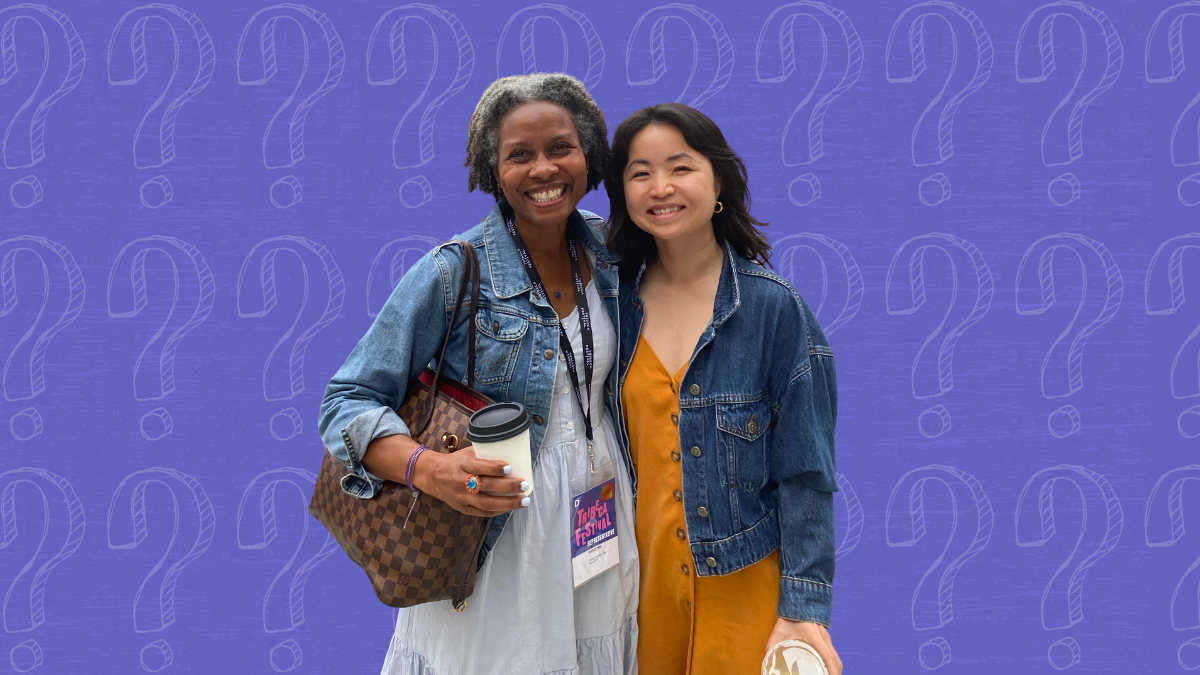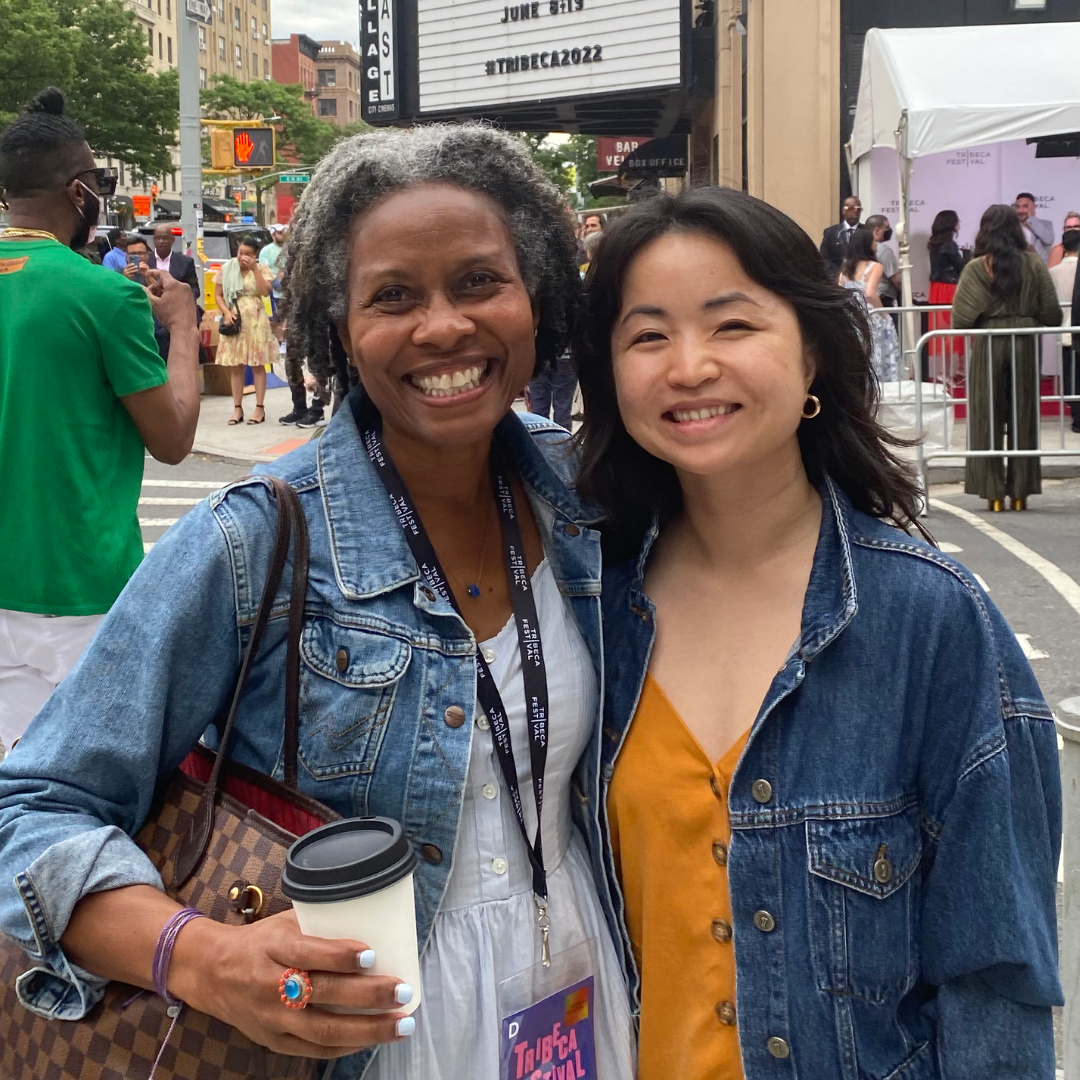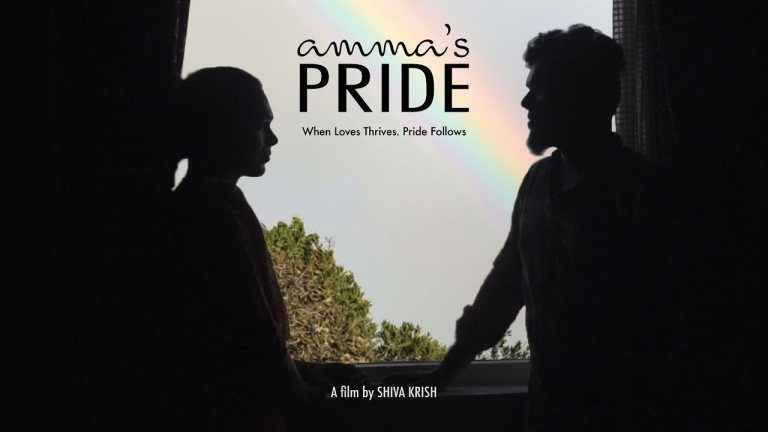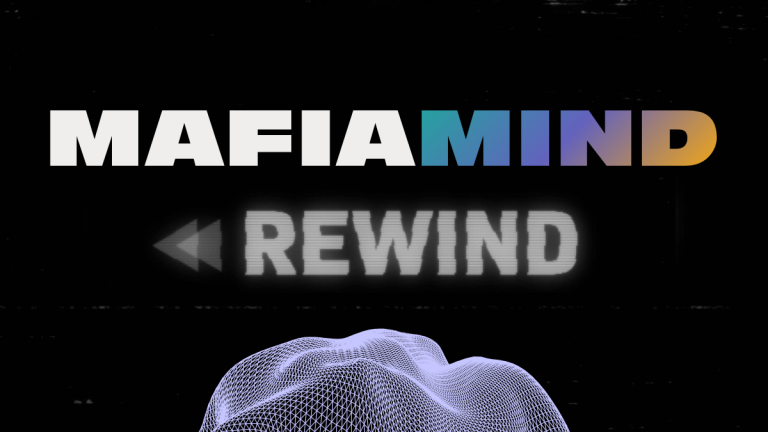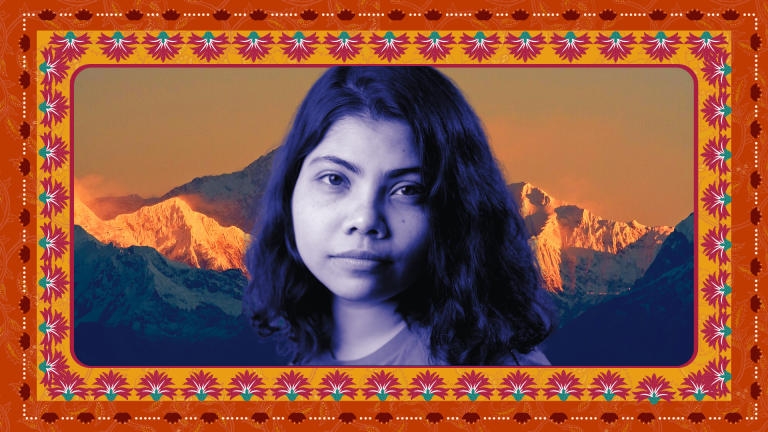
Jean Rheem: This conversation is coming at a good time especially because the documentary I’ve been editing for a while now is finally at an exciting phase where the pieces are connecting and working as a whole.
Luchina Fisher: I love that moment of clarity when the clouds part and you can see the path. I often say that doing a project is like getting lost in the woods and then finding your way out.
Jean: Totally! I’ve learned to embrace the fact that it’s going to be hard and confusing, no matter how long you have been editing.
Luchina: I think people often think otherwise. Our tendency is to not sit with the discomfort of not knowing, but sometimes you just have to sit with the not knowing and trust the process. I came from television documentaries, where you have one to three months sometimes to produce an hour of television. There's such a formula that you follow and the timelines are very strict. To go from that to independent filmmaking was a learning curve for me. And I remember my mentor, Yvonne Welbon, who became a producer on Mama Gloria saying to me, “Nope, you're not done yet.” And I'm like, “What?! How much longer?” She's like, “You'll know,” and that just did not feel like a sufficient answer at the time.
Jean: At what point did you have this moment of, “Ah, I'm not done yet?”
Luchina: It was about halfway through. Early on with Mama Gloria, I had some interest from a studio. They were like, “Can you share your first rough cut with us?” In my mind, I had it all worked out: they were gonna look at the first rough cut; they were gonna give me the funding to finish it; and then they would come onboard as the distributor. Well, they saw the first rough cut and they essentially passed. I just remember feeling devastated and wondering, what do I do now?
I had to grieve for a little while. My producer Yvonne was so lovely. Everybody needs somebody who can be there for you in the disappointments and setbacks. After a couple of weeks, Yvonne sent me an email saying Judith Helfand was looking for filmmakers for the Athena Film Festival’s Works-in-Progress Program. Yvonne recommended my film and Judith was interested. That was the door that ultimately led me to Black Public Media, which funded my film and offered me a broadcast deal on public television.
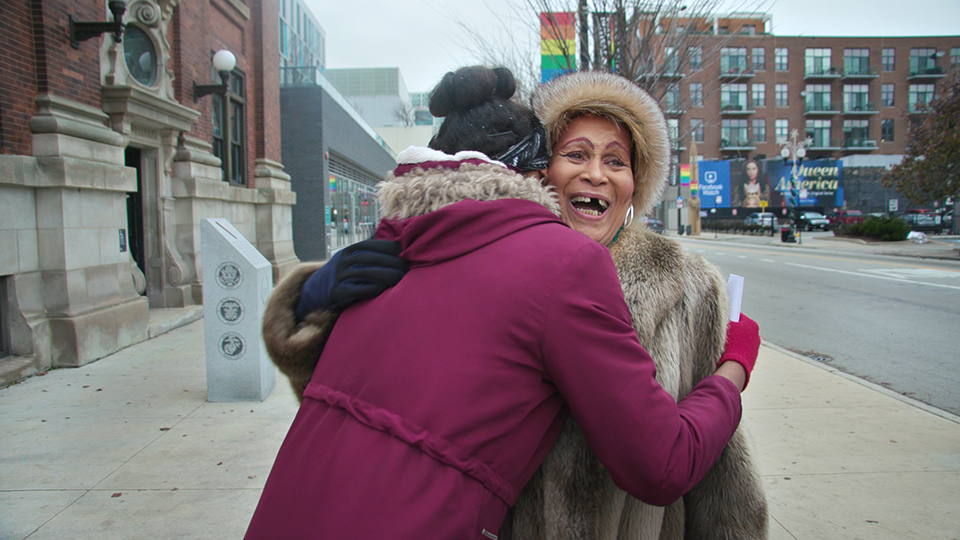
A still from Mama Gloria (2020), directed by Luchina Fisher.
Jean: That's amazing. Another door opens! Rejections are tough, especially when you’ve poured so much into it. There's such a balance of acknowledging that your film needs more work—and really holding fast to your faith in the story’s potential. You gotta really believe in it.
Luchina: I completely agree! You have to be so in love with it that you are willing to sit with rejection, to sit with confusion, to sit with obstacles — like my BGDM Black Directors Grant project about my brother that I started more than 20 years ago. I stopped working on it when I hit too many obstacles, but also life happened — I got married and started a family. I remember somebody saying to me that every project, every idea has its own birth date when it comes into the world. I had to accept that it was just not time for it yet. But recently, people started talking about my brother (Gary Fisher, a Black gay artist and writer who died from AIDS in the early 90s) and his work, and I realized wow, something's bubbling up. I need to pay attention. You have to listen to your intuition, because I believe there is a lot of magic in filmmaking, a lot of things that are beyond our control. If you're paying attention to those signs, then you know how to get to the next place, how to push forward.
Jean: Leaning into your intuition and gut feeling is so important. I'm trying to exercise my gut feeling muscles!
"Our tendency is to not sit with the discomfort of not knowing, but sometimes you just have to sit with the not knowing and trust the process."
Luchina: How do you practice that?
Jean: An editor I really respect shared with me that she has the ability to tell which projects have the potential to be an amazing story from watching the material! It feels like such an intangible skill that comes from your gut feeling and experience as a storyteller. I’ve been trying to trust my gut feeling more and study story structures.
Luchina: Absolutely. I think your soul is responding to something within that material that says, “This is something I can bring myself to.” When you do that, you're placing an intention, and that intention guides you. With filmmaking, you are working with a team of people who are also buying into the story and so you're also beholden to your team.
Jean: Yes, it’s such a collaborative process. Working with a team that you respect and trust as people and storytellers is so key! The current project I’ve been editing has been one of the hardest films to edit to date, and without such a supportive and understanding team, I don’t know if we could have gotten this far. We’ve had major delays in our edit timelines due to many reasons, one of them being unexpected changes in our story. We like to laugh about it — such is life and such is documentary filmmaking. In month nine of editing, a historic event occurred that forced us to consider — do we stick with the ending we’ve been building toward or do we rebuild our story to include this historic event that just happened? We had to ask ourselves two questions: Which would serve the story better? Which would serve the participants better? Once it was clear to us that the new ending would allow us to tell a larger story that would serve our participants better. We rerouted toward a new destination, which meant a new beginning, middle and end, and a longer editing journey. Because it’s an independent film, we’ve had to be creative with how to continue and figure out the funding. At one point I joined the grant writing process, sharing grant opportunities I saw on BGDM, and for ones that I could write as an editor, I helped out with writing those too.
Luchina: Will you be getting a producer credit?
Jean: Oh, actually I didn't even consider that. It was editing related fellowships.
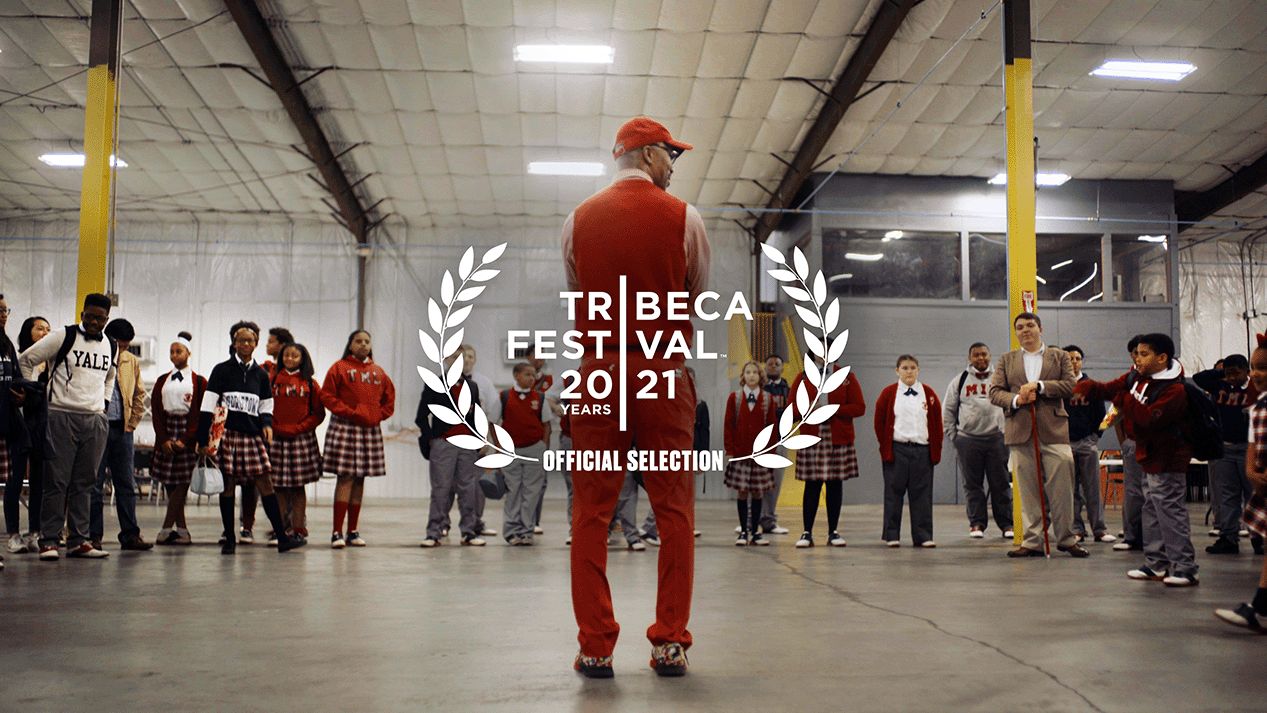
A still from Accepted (2021), edited by Jean Rheem.
Luchina: You should totally consider that, especially if those are grants you end up receiving. Well, this has been such a great conversation. I'm so excited to see the film.
Jean: Thank you! And congratulations on your success on so many projects! You’re doing it with so much grace and joy. I love talking with you whenever I can.
Luchina: Me too, Jean. It must be that North Carolina connection. Good luck finishing. I'm so happy to hear you're seeing your way through the woods.


